Autism Acceptance Month: Promoting Inclusivity
April is Autism Acceptance Month—formerly known as Autism Awareness Month. This subtle name change, advocated by the Autism Society of America, is a milestone in changing the dialogue surrounding autism spectrum disorder (ASD) and those affected by it. Where “awareness” lacks in promoting inclusivity and positivity, “acceptance” picks up the slack and destigmatizes ASD so those with neurodivergence may live in a society where their strengths and weaknesses are supported.
The Centers for Disease Control and Prevention estimate that about one in 36 children and nearly 5.5 million adults in the United States have ASD. Here we highlight a few members of the New York Tech community who are working to enhance understanding, therapies, and life experiences for those with autism.
Assistant Professor of Biomedical Sciences at the College of Osteopathic Medicine (NYITCOM) Yingtao “Jerry” Zhao, Ph.D., leads a research team that recently secured a three-year, $428,400 grant from the National Institutes of Health (NIH) National Institute of Neurological Disorders and Stroke. This grant will support research to study the sugar molecule heparan sulfate, which covers the surface of all cells in the human body and is believed to help regulate cell-to-cell interactions. Deficient levels of heparan sulfate have been associated with autism, and Zhao’s team aims “to offer a strong scientific basis to develop new therapies for patients with neurological diseases caused by heparan sulfate irregularities.”
Other research at NYITCOM includes explaining how sense of smell is affected in individuals with autism. A study led by Assistant Professor of Biomedical Sciences Gonzalo Otazu, Ph.D., published in the journal Nature Communications, analyzes a mouse model and reports differences in the neurological processes responsible for smell. The research team trained two groups of mice—one group with a mutation in a gene linked to autism (CNTNAP2 knockout mice) and one neurotypical group—to recognize familiar scents. While both groups succeeded in identifying a target scent, the CNTNAP2 mice struggled to identify target scents while unfamiliar odors were introduced in the background. By documenting the neural processes in this mouse model of autism, the team’s findings may help to explain the brain circuitry of humans with autism.
Alexander Lopez, J.D., OT/L, associate professor of occupational therapy, founded his nonprofit Inclusive Sports and Fitness, Inc., to meet the occupational needs of children with performance skill impairments. Recognizing that children with autism may present motor and cognitive delays—causing them to be deprived of mainstream sports opportunities—Lopez seeks to examine “how sports and play can advance sensory and cognitive performance.” Through his work and research, targeted athletic programs enable a child’s brain to process sensory information in ways that promote structural and functional brain changes.
Amant Paul (B.Arch. ’20) has spent more than seven years working with people on the autism spectrum. With his expertise in architecture, Paul’s goal is to “raise awareness about how people on the spectrum would have a better life if the environment was designed for their needs.” People with autism may experience hypersensitivity or hyposensitivity to the world around them. With this in mind, Paul hopes to design spaces better suited for those on the spectrum, enabling them to live more comfortably. While working with the nonprofit organization New Horizons in Autism, Inc., Paul collaborated with their Director of Clinical Services Michael Hitchcock to design better classrooms, including making the spaces smaller and avoiding long hallways as this could be an invitation to run away.
In 2019, a group of College of Engineering and Computing Sciences students in the Undergraduate Research and Entrepreneurship Program worked on their research project, “Pencil Gripper for Children with Autism.” Mentored by N. Sertac Artan, Ph.D., associate professor of electrical and computer engineering, the students created a functional prototype for a pencil gripper that collects pressure measurement data from a sensor. Analyzing the data to assess fine motor skills would allow for personalized exercises to help the user improve their writing skills.

More Features
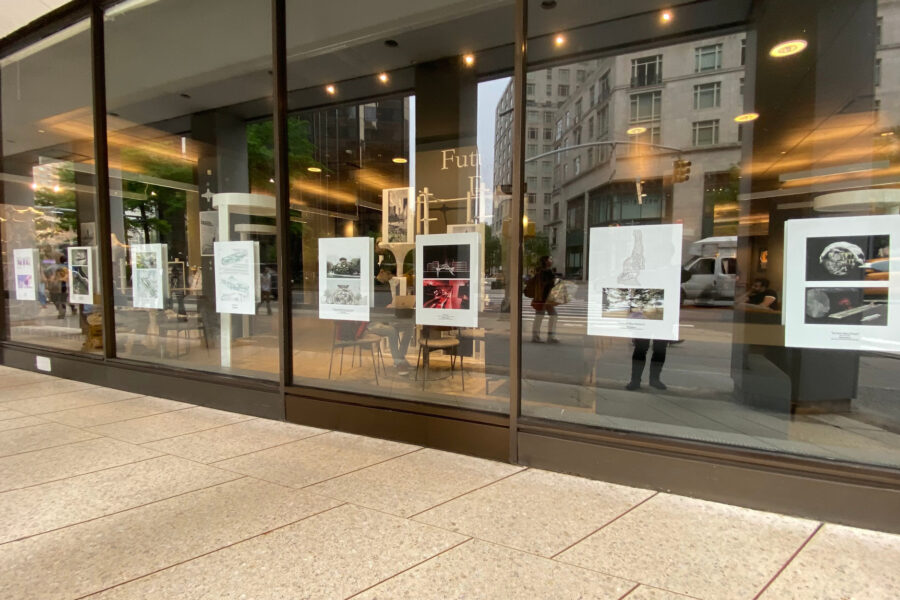
School of Architecture and Design Student and Faculty Work Displayed at NYCxDESIGN
The School of Architecture and Design returned to the NYCxDESIGN Festival with its Future by Design series.
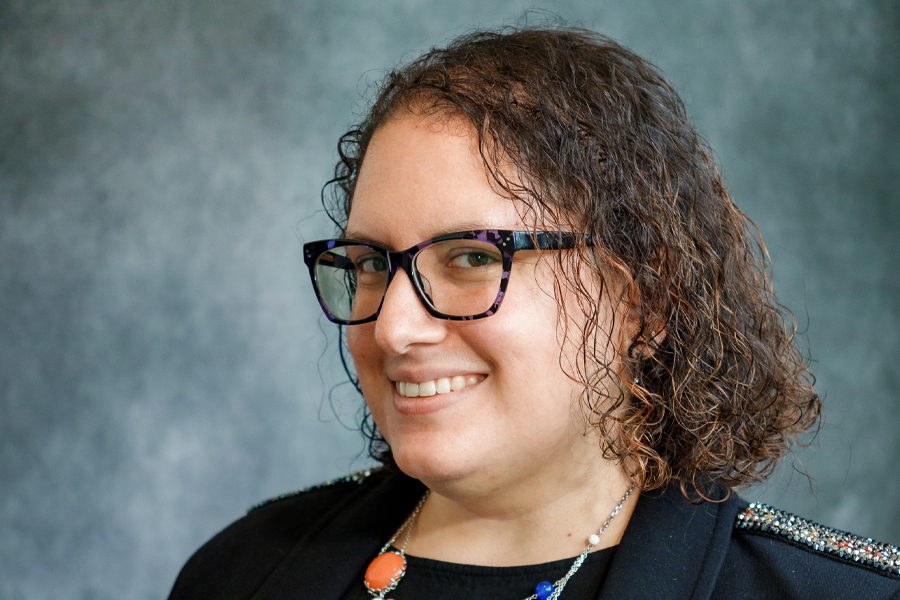
Feeling Like Herself Again
For Disability Pride Month, Director of HEOP Rachel Morrison, M.S.Ed. (M.S. ’15), talks about the moment she realized she had become disabled, how she struggled to embrace her identity as a person with multiple disabilities, and how ultimately identifying with that title helped her feel like herself again.
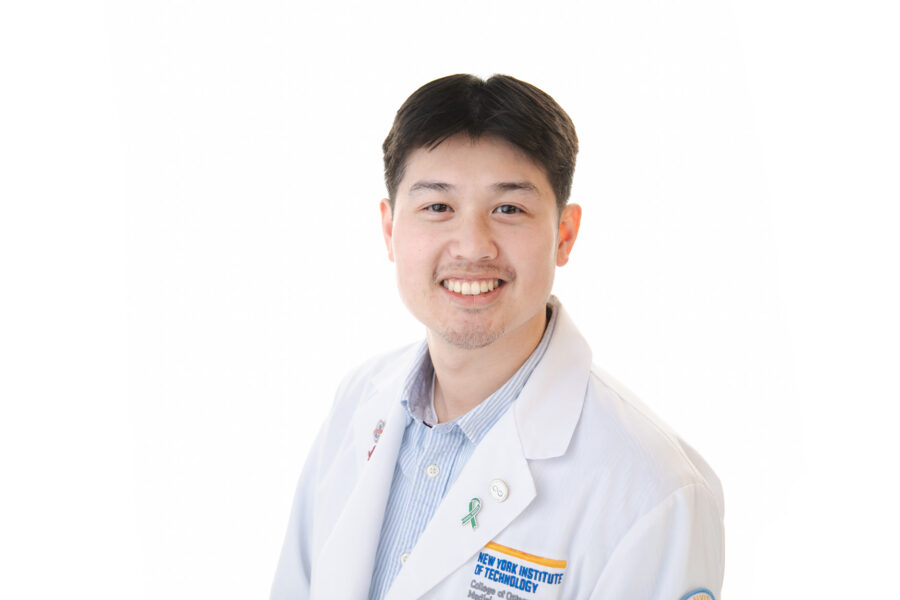
Medical Student Recognized for Cardiovascular Research
NYITCOM student Jac Lun Lin will investigate how reduced levels of testosterone put men at a higher risk for developing vascular metabolic complications.
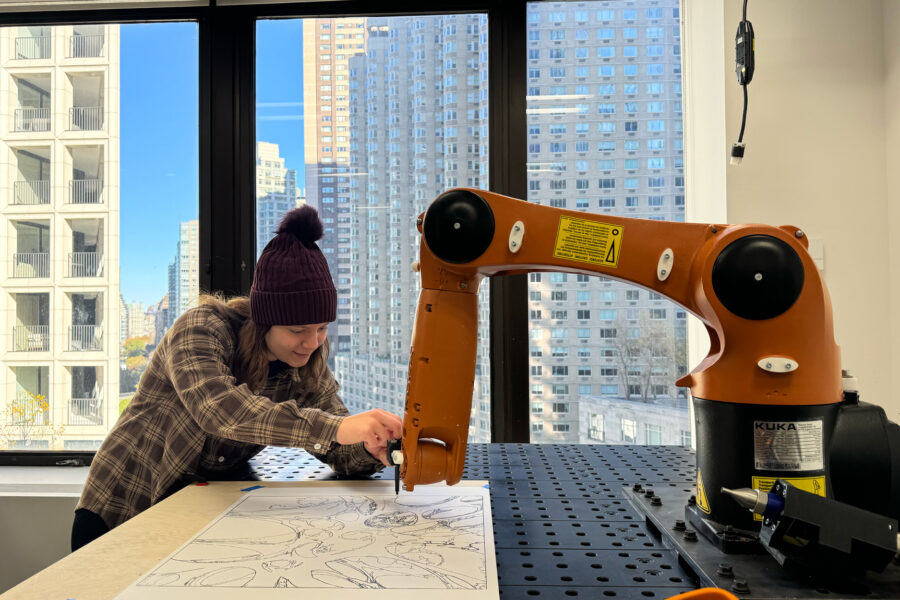
$1 Million Grant Supports the Institute for Design Research and Innovation at the School of Architecture and Design
The three-year IDC Foundation grant supports the establishment of the IDC Institute for Design Research and Innovation, creating an integrated ecosystem of the school’s facilities, labs, and centers on the Long Island and New York City campuses.

This Summer, Don’t Let Dehydration Ruin Your Workout
Sports medicine physician Hallie Zwibel, D.O., shares tips to stay hydrated during summer exercise.
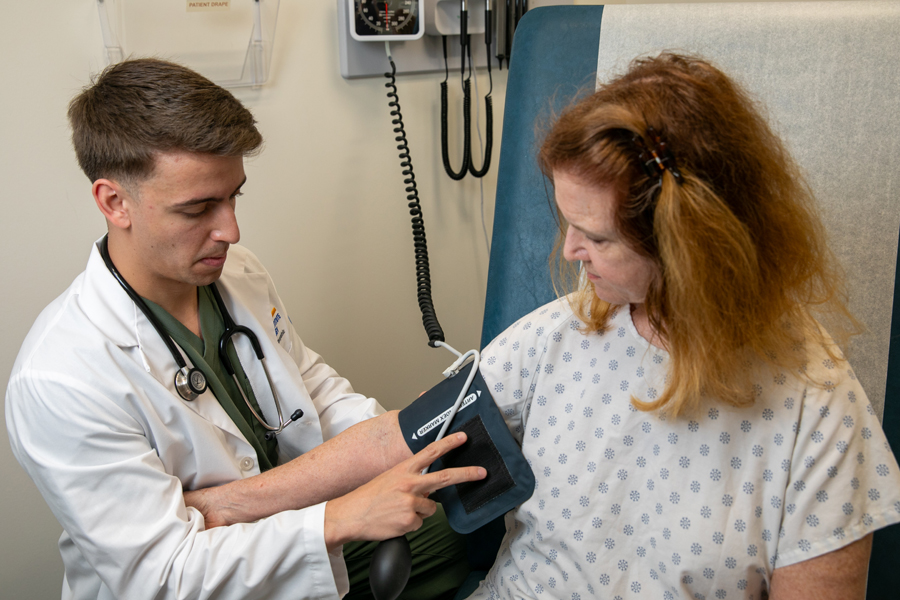
The Ferrara Center for Patient Safety and Clinical Simulation Achieves Full Accreditation in Human Simulation
The center received full accreditation from the Association of Standardized Patient Educators, joining an elite group of institutions dedicated to advancing the science and art of simulation-based education for future healthcare professionals.